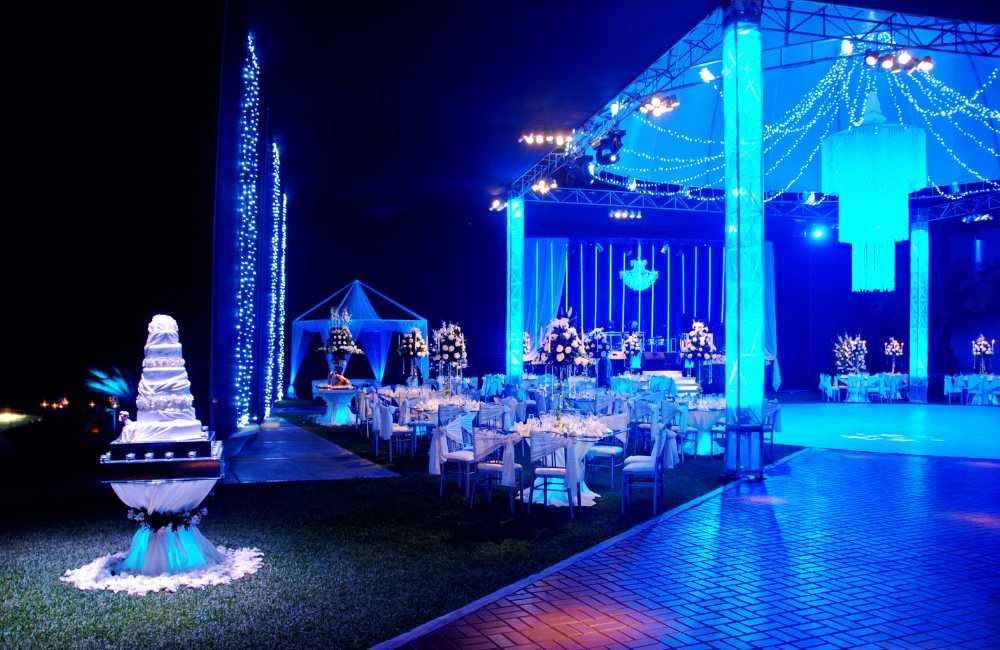Selecting the right venue is one of the most critical decisions you’ll make when planning an event. Whether you’re organizing a corporate conference, a wedding, or a birthday party, the venue sets the stage for the entire experience. But with so many options available, how do you choose the perfect one? This guide will walk you through the key factors to consider when selecting the ideal venue for your next event.
1. Understand Your Event’s Requirements
Before you start your venue search, it’s crucial to have a clear understanding of what your event requires. Ask yourself:
- Type of Event: Is it formal or casual? Indoor or outdoor? Daytime or evening?
- Expected Attendance: How many guests will be attending?
- Event Activities: Will there be a stage, dance floor, or breakout rooms?
- Budget: What is your venue budget, including potential extras like catering or AV equipment?
Having a clear picture of your event’s requirements will help you narrow down your options and avoid venues that don’t meet your needs.
2. Consider Location and Accessibility
The location of your venue is crucial for guest convenience. Consider the following:
- Proximity: Choose a location that is easy for most guests to reach. If you have out-of-town attendees, consider a venue near hotels or airports.
- Transportation and Parking: Ensure the venue has adequate parking or is accessible via public transportation. Providing transportation options or valet service can enhance guest experience.
- Safety and Security: Ensure the location is in a safe area and that the venue has adequate security measures in place.
3. Evaluate Venue Capacity and Layout
The size and layout of the venue should comfortably accommodate your guest list and event activities. Here’s what to consider:
- Capacity: Make sure the venue can comfortably host the number of guests you expect. Fire and safety codes may limit the number of people allowed in a space, so confirm these details.
- Layout: The venue’s layout should align with your event’s needs. Consider the flow of the space, the positioning of the stage, seating arrangements, and any specific areas like registration desks, bars, or buffet tables.
4. Assess Venue Amenities and Services
The amenities and services offered by a venue can add significant value to your event. Look for:
- AV and Technical Equipment: Does the venue provide sound systems, projectors, screens, or lighting? If not, will they allow you to bring in your own equipment?
- Catering Options: Some venues offer in-house catering, while others allow you to bring in outside vendors. Ensure the catering options align with your event’s needs and guest preferences.
- On-site Staff: Determine if the venue provides event staff to assist with setup, cleanup, and coordination during the event.
- Accommodation: If your event spans multiple days or if guests are traveling, consider venues with on-site accommodation or nearby hotels.
5. Consider the Venue’s Ambiance and Style
The ambiance of the venue should match the tone of your event. Whether you’re aiming for elegance, fun, or a laid-back atmosphere, the venue’s style plays a big role in achieving that. Consider:
- Décor: What is the venue’s current décor? Does it match your event’s theme, or will you need to invest in additional decorations?
- Lighting: Natural light is great for daytime events, while adjustable lighting can set the mood for evening gatherings.
- Acoustics: The venue’s acoustics should support your event activities. Poor acoustics can lead to difficulties in hearing speakers or enjoying music.
6. Review Venue Flexibility and Restrictions
Some venues are more flexible than others when it comes to customizing the space for your event. However, they may also have restrictions. Important factors include:
- Customization: Can you bring in your own vendors, such as caterers, decorators, or AV specialists? Are you allowed to rearrange the furniture or add your own decorations?
- Restrictions: Check for any restrictions, such as noise limits, curfews, or regulations on alcohol service. Make sure these align with your event plans.
7. Visit the Venue in Person
Photos and virtual tours can give you an idea of a venue, but nothing beats visiting it in person. During your visit:
- Check the Space: Walk through the entire venue to ensure it meets your needs. Take note of the condition of the facilities, the cleanliness, and the overall vibe.
- Ask Questions: Speak with the venue manager about what is included in the rental fee, any additional costs, and how they handle event coordination.
- Test the Technology: If you’re using AV equipment, request a demonstration to ensure everything works properly.
8. Consider the Cost and Contract Terms
Finally, make sure the venue fits within your budget and that you understand the contract terms. Keep in mind:
- All-Inclusive vs. A La Carte: Some venues offer all-inclusive packages, while others charge separately for each service. Compare costs carefully to ensure you’re getting the best value.
- Deposit and Payment Schedule: Understand the payment terms, including the deposit required and the schedule for final payment.
- Cancellation Policy: Check the venue’s cancellation policy to avoid unexpected charges if your plans change.
Conclusion:
Choosing the perfect venue is a balancing act between your event’s needs, your budget, and the options available. By carefully considering the factors outlined above, you can select a venue that sets the stage for a successful and memorable event. Remember, the right venue will not only accommodate your guests comfortably but will also enhance the overall experience, making your event one to remember.


Comments(3)